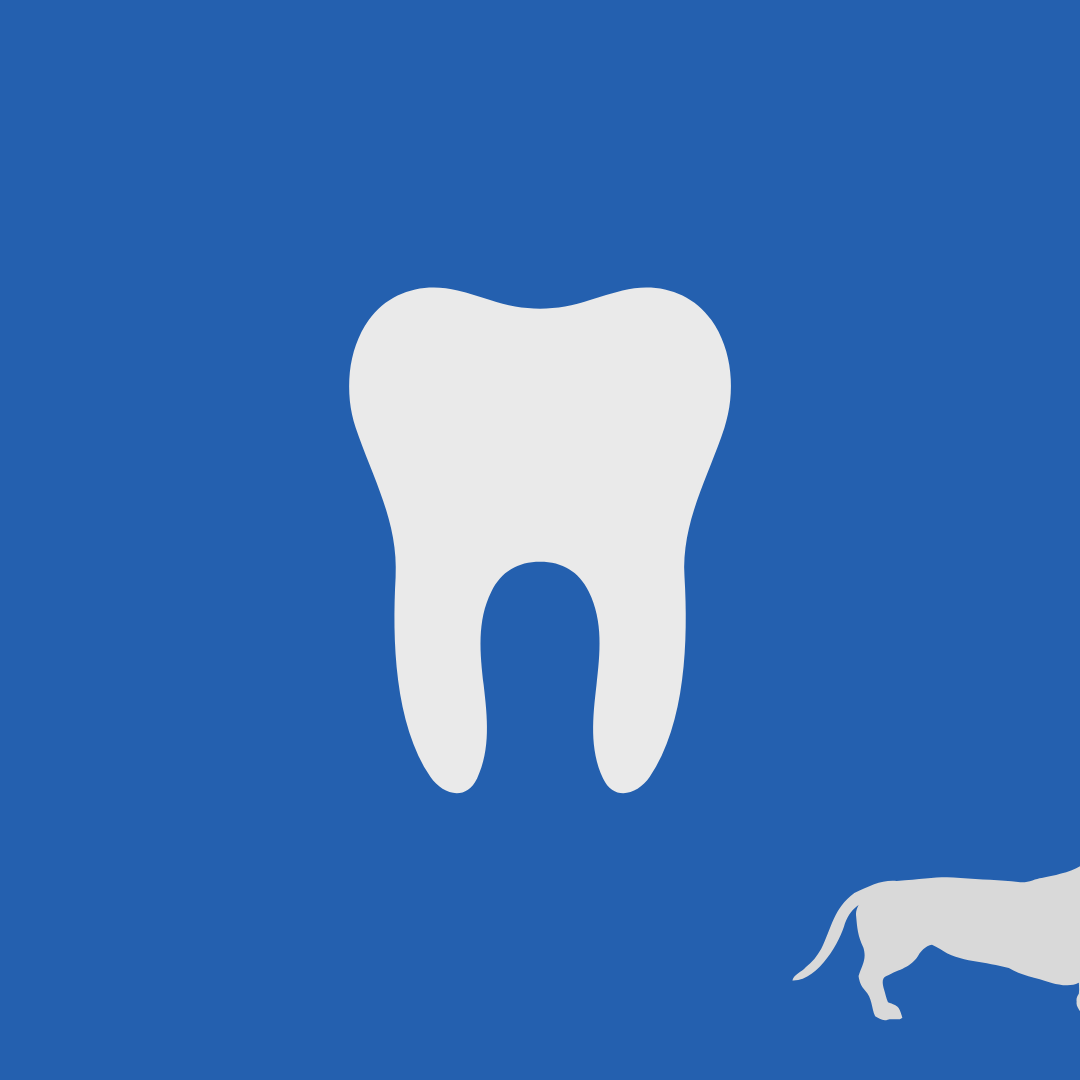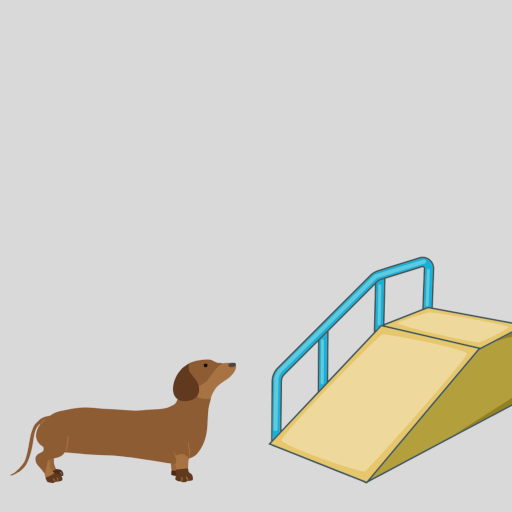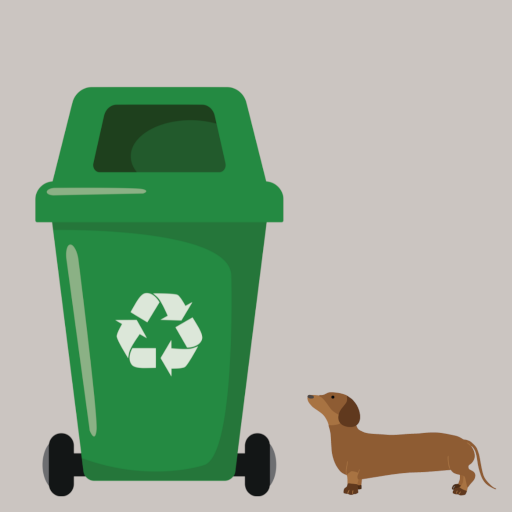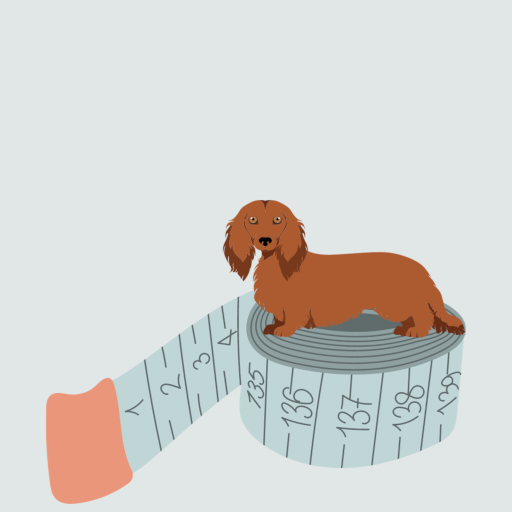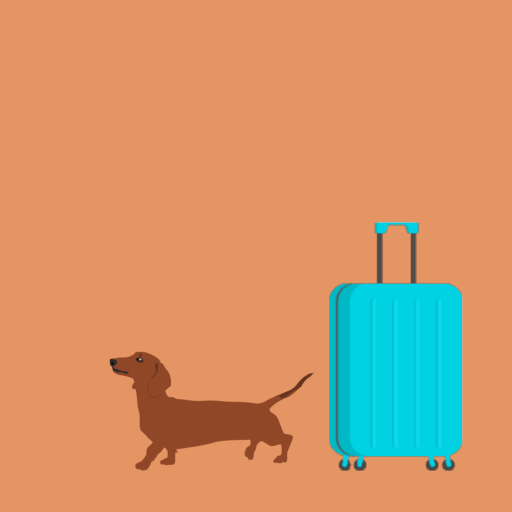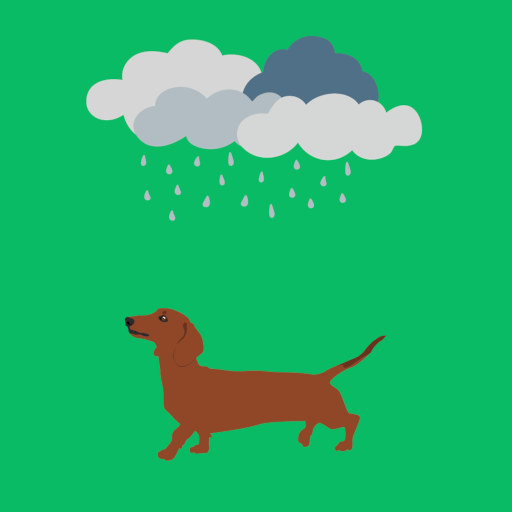Pearly whites: how to help your dachshund achieve good oral health
What is dental disease?
Dental disease, or periodontal disease, is an infection of the tissues surrounding your dog’s teeth. Some experts suggest that it is one of the biggest health issues facing pets today. Dental disease may cause bad breath, and tooth and gum problems. In more extreme cases it can cause inflammation and infection, or other non-dental conditions in your dachshund. Dental health is a crucial part of your dachshund’s overall health
What causes dental disease in dogs?
The most common cause of canine dental disease is poor dental hygiene. This is typically caused by a failure on the part of the human parent to carry out regular tooth brushing, although some dogs - like some humans - are just more prone to plaque build up. Periodontal disease starts with plaque that hardens into tartar on your dachshund’s teeth. Tartar above the gumline can be seen and removed, but once it lodges below the gumline it can cause infection and damage to the tissues that connect the tooth to the jaw bone.
Overcrowding of teeth can also cause dental disease, especially in small dog breeds. If your dachshund’s jaw is not large enough for all the adult teeth that grow once their baby teeth have fallen out at around three months old, you may need some assistance from your veterinarian.
Other doggie dental problems
Like humans, dogs can also suffer from cavities, broken teeth, and abscesses, cysts and tumours, and misalignment of teeth. These can be detected by your veterinarian at regular check ups. An added bonus of regularly brushing your dachshund’s teeth is that you will be more familiar with their mouth as a result, and may detect sensitivity, pain, or swelling. Veterinarians’ professional associations encourage dog owners to regularly examine their dog's teeth for signs of periodontal disease such as stained teeth; swollen, red, or bleeding gums; persistent bad breath; loose, broken, or missing teeth; and any unusual growth in the mouth. If your dachshund is reluctant to eat or play with chew toys this may be a warning sign of dental problems.
Achieving good dental health for your dachshund
The most important thing to remember about dental disease is that it can usually be prevented, with good dental hygiene, a nutritious diet and regular veterinary check ups. Good dental hygiene at home and regular check ups will also help catch other dental problems as early as possible.
Regular brushing at home
Start brushing your dachshund’s teeth at a young age so they get used to you being near and inside their mouth, and to brushing activity. The gold standard is daily brushing, but if you can’t achieve this, then weekly brushing is a good goal. If you’re not in the habit of regular brushing, it’s never too late to start. Regularly brushing her teeth is the single most effective thing you can do to keep teeth healthy, and may reduce the frequency or even eliminate the need for periodic dental cleaning by your veterinarian.
Don’t use human toothpaste and human toothbrushes, but meat flavoured dog toothpaste and toothbrushes designed for dogs. We’ve used a tiny polyester glove brush with rubber nodules, which slipped over my finger, until it got lost. Then we used a hard plastic brush which fitted over my finger, until Sunny chewed it up. At the moment we’re using lamb flavoured dog toothpaste, which is not rinsed out but swallowed after the brushing.
Experts all seem to recommend that you get your dog used to your fingers in their mouth, and the toothbrush and toothpaste, over a two week period before proper brushing starts. You can do this by dipping your finger in the meaty toothpaste and running it over their teeth and gums, and allowing them to explore - but not destroy - the toothbrush.
Once you get started on brushing for real, the most important area to focus your scrubbing is on the gum line, where the gums meet the teeth. This is where where bacteria and food mix to form plaque, and where odour and infection begin. The correct way to brush the teeth is with a circular motion at a 45 degree angle, as for human teeth cleaning. This allows you to get right into the angle between tooth and gum.
Our problem has always been how to keep Sunny still enough to let us do our work inside his mouth. YouTube videos of other dachshunds show them racing to get their toothbrush and sitting quietly while their teeth are worked on. I think we need to change our approach! Take a look at this great video on YouTube from MyMiniDoxie.com on how to brush your dog’s teeth easily (or rather, they make it look easy!)
Some experts suggest that if your dog continues to resist teeth cleaning, try gently wrapping him in a large bath towel with only his head sticking out. But keep sessions short and positive, and full of praise and reassurance. Each time you brush your dog’s teeth use positive reinforcement to teach them that this is an enjoyable experience.
Use dry dog food with its abrasive action
High quality dry dog foods and dry biscuits help to keep plaque to a minimum on the crown of your dachshund’s teeth. The crunching action as your dog eats has an abrasive action on the top of the teeth. Moist dog food does not provide this abrasive action. You may want to consult your veterinarian about your dachshund’s diet, as they will be able to assess your dog’s health needs in the round.
What to chew and what not to chew
Some dachshund parents swear by dental chew sticks to help get rid of plaque and tartar on the teeth, while stimulating the gums. Remember that these sticks will form part of your dachshund's daily food allowance, so meals should be adjusted accordingly. We’ve never tried dental sticks, but will have a go with them having done this research.
It’s important to stop chewing habits which can damage your dog’s mouth, teeth, or general health. Damaging habits can include chewing stones, pebbles, sticks or any other hard objects, as these can cause the teeth to wear down. Objects can become lodged in their airways.
Regular veterinary examinations
Depending on your dachshund’s age, 6-12 month check ups are advised. At the very least you will be taking your dachshund for annual vaccination boosters, and this is a good time for a dental check up. If your dachshund is suffering periodontal disease, the earlier it is treated, the better. If your vet recommends a tooth cleaning procedure or any other dental intervention, this will usually be done under general anaesthetic.
With your help, your dachshund’s risk of periodontal disease and subsequent wider health problems can be reduced, and you can extend their life with healthy teeth and gums, and without pain and discomfort. Prevention is the always the best form of attack when it comes to dental disease, for dogs as well as their human parents.
Happy brushing!

